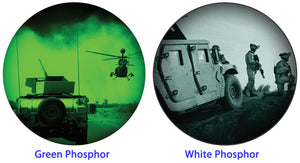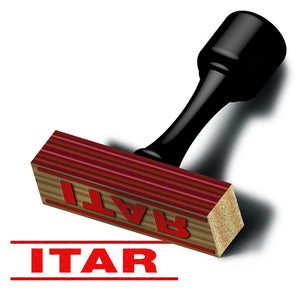ITAR Export Regulations: A Comprehensive Guide for Companies

International Traffic in Arms Regulations (ITAR) is a set of guidelines established by the U.S. government to control the export of defense-related articles and services. These often complex set of regulations apply to any entity that’s involved in the manufacturing, exporting, or brokering of defense-related items, including weapons, ammunition, military hardware, and related technologies.
Compliance with ITAR regulations requires companies to obtain export licenses and authorizations from the U.S. Department of State's Directorate of Defense Trade Controls (DDTC). Incredibly complex and time-consuming, license applications require applicants to have a thorough understanding of ITAR regulations as they proceed through the process of submitting detailed information about their companies and operations.
Key Components of ITAR Regulations
ITAR regulations include a comprehensive list of items that are subject to export control, known as the United States Munitions List (USML). This list includes a wide range of defense-related items, including firearms, ammunition, electronics, software, and many others.
In addition to the USML, ITAR regulations also outline specific requirements for the export of these items. For example, companies must maintain detailed records of all exports and transfers, including information about the recipient, the item being exported, and the destination country. Companies must also ensure that their employees and contractors are trained on ITAR regulations and the proper handling of controlled items.
The Importance of Compliance with ITAR Regulations
ITAR regulations are in place to protect U.S. national security interests and ensure that sensitive technology and information do not fall into the wrong hands. Failure to comply with ITAR regulations can result in severe consequences, including fines, imprisonment, and loss of export privileges.
Without a doubt, it’s critical for companies to fully understand and comply with ITAR regulations. Commitment to ongoing training and education for employees, regular reviews of internal processes, and a thorough understanding of the relevant regulations and guidelines is worth its weight in gold.
ITAR’s Compelling Role
ITAR regulations play a critical role in protecting U.S. national security interests and through them they ensure the responsible export of defense-related items. For companies involved in the manufacture, export, or brokering of these items, full understanding and compliance with ITAR regulations is the best way to and maintain competitive position in the global marketplace.
For more information on ITAR regulations, please review the following resources:
- NightVisionExperts Value Team



Comments 0